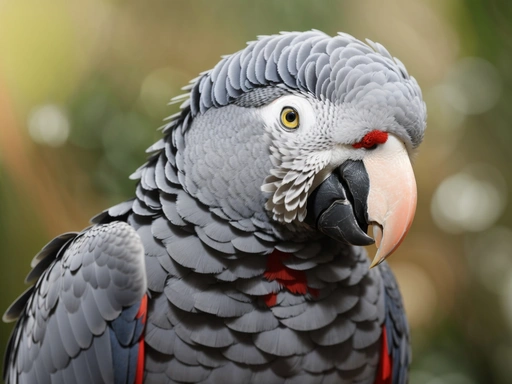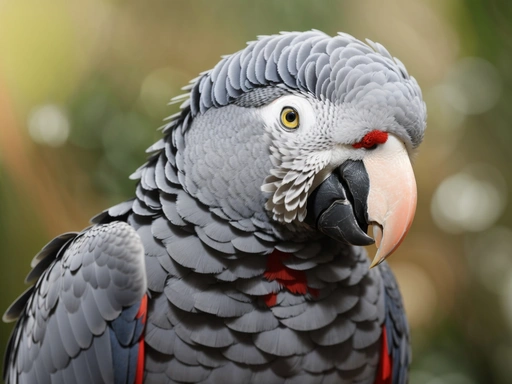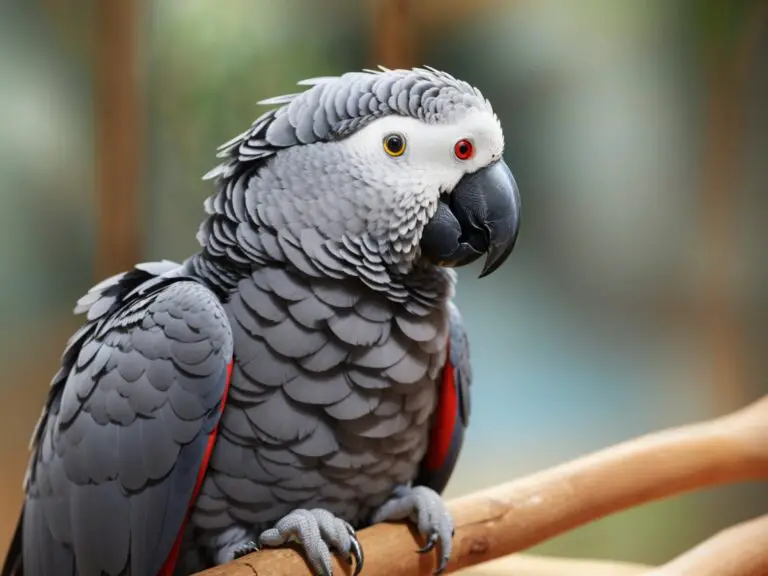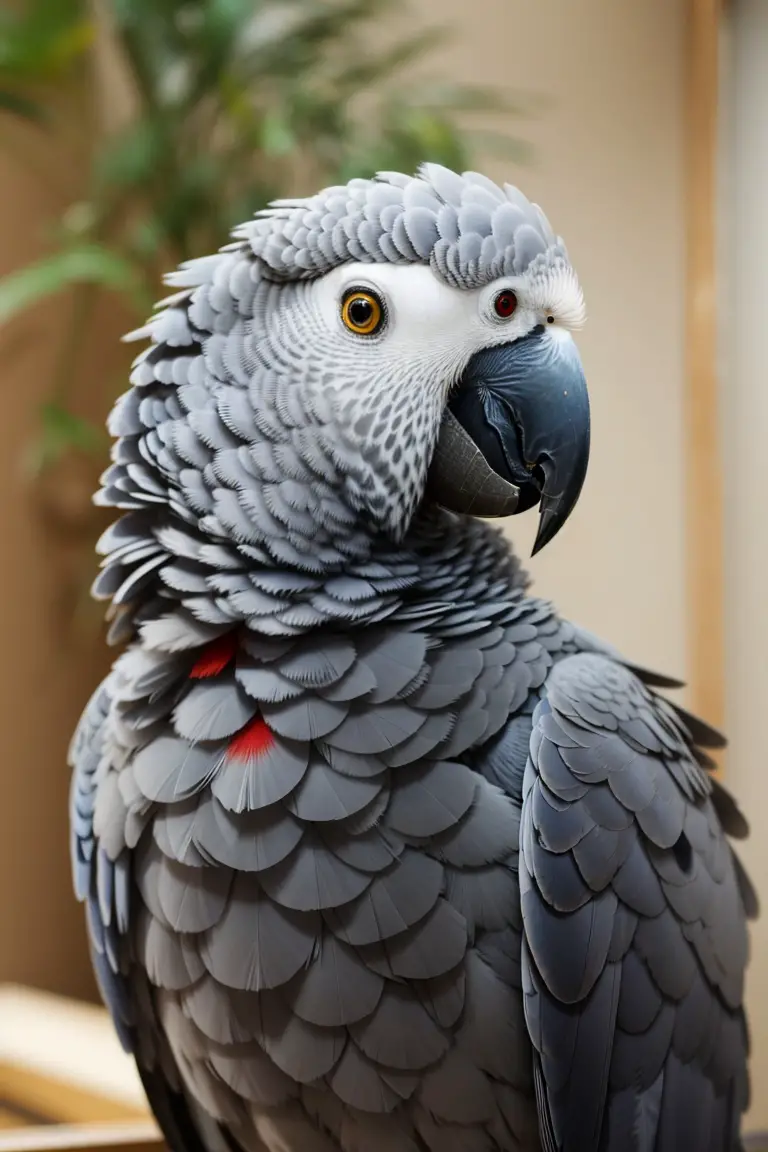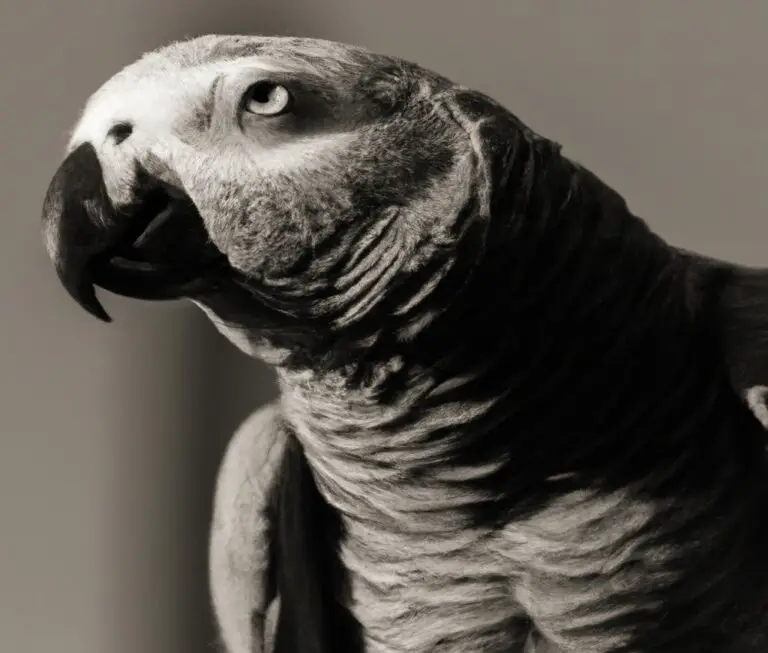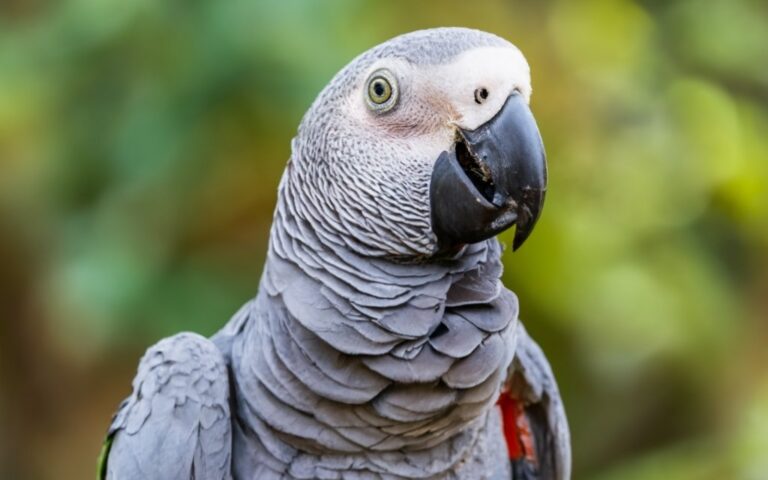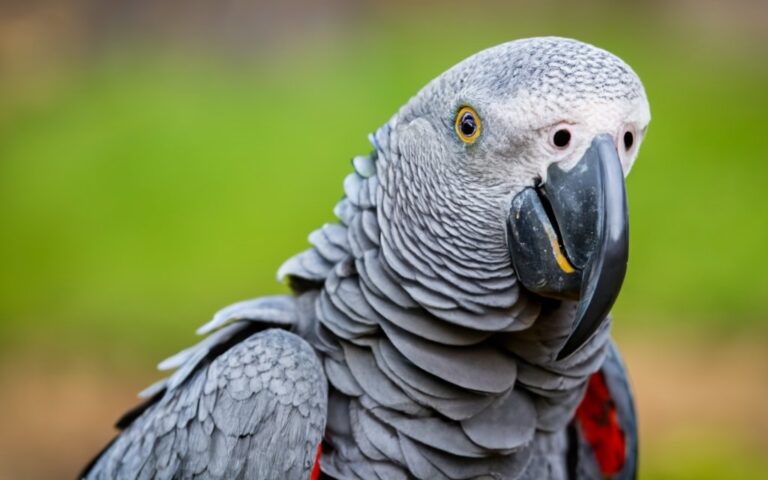Can African Grey Parrot Dander Cause Itchy Skin?
Key Takeaways:
- African grey parrot dander can potentially cause itchy skin in some individuals.
- Itchy skin from African grey parrot dander may be a result of an allergic reaction.
- Regular cleaning and maintaining good hygiene can help minimize the risk of itchy skin caused by African grey parrot dander.
- Allergic reactions to African grey parrot dander can vary in severity, ranging from mild itching to more severe symptoms.
Can African grey parrot dander lead to itchy skin?
If you’ve ever owned one of these magnificent birds, you’ll know just how captivating and intelligent African grey parrots can be.
But along with their beauty and charm, these creatures can also bring about a few health concerns.
One such issue is itchy skin, which can be both uncomfortable for your feathered friend and concerning for you as a pet owner.
In this article, we’ll explore the potential link between African grey parrot dander and itchy skin.
So, let’s dive in and discover how to keep your parrot happy and healthy! Word count: 109
| Topic | Can African grey parrot dander cause itchy skin? |
| Statement | There is a potential for African grey parrot dander to cause itchy skin. |
| Research | Some individuals may be allergic to parrot dander, which can lead to skin itching. |
| Evidence | Studies have shown that exposure to parrot dander can cause allergic reactions in susceptible individuals, including skin itching. |
| Supporting Factors | 1. The proteins in parrot dander can trigger allergic reactions. 2. Symptoms can include redness, swelling, and itching of the skin. 3. Allergic reactions may vary in severity depending on individual sensitivity. |
| Counterarguments | 1. Not all individuals will be allergic to African grey parrot dander. 2. Some people may develop tolerance to parrot dander over time. 3. Itchy skin may also be caused by other factors unrelated to parrot dander exposure. |
Understanding African Grey Parrots
African Grey Parrots display unique characteristics and behaviors that make them fascinating pets.
Understanding their nature is important for their well-being.
Characteristics of African Grey Parrots
African Grey Parrots are known for their exceptional intelligence. They have a large vocabulary and can mimic human speech.
They have a striking appearance with their gray feathers and bright red tail.
These parrots are highly social and thrive on interaction with their owners. They require mental stimulation and regular exercise to stay happy and healthy.
Common Health Issues in African Grey Parrots
African Grey Parrots are prone to various health issues, including respiratory infections, feather plucking, nutritional deficiencies, and beak and nail problems. Additionally, they may suffer from Aspergillosis, a fungal infection, and Psittacine Beak and Feather Disease, a viral infection.
Regular check-ups with a veterinarian and a balanced diet can help prevent and manage these health issues.
Allergies in African Grey Parrots
Allergies in African Grey Parrots can occur, just like in humans. Allergies in African Grey Parrots may manifest through various symptoms.
Types of Allergies in African Grey Parrots
African Grey Parrots can develop various allergies, including respiratory allergies, food allergies, and contact allergies.
Respiratory allergies are caused by airborne irritants like dust or pollen.
Food allergies occur when the bird’s immune system reacts to certain ingredients in its diet.
Contact allergies arise when the parrot’s skin comes into contact with allergenic substances like certain cleaning products or fabrics.
It’s important to identify the specific allergens and seek veterinary care for proper diagnosis and treatment.
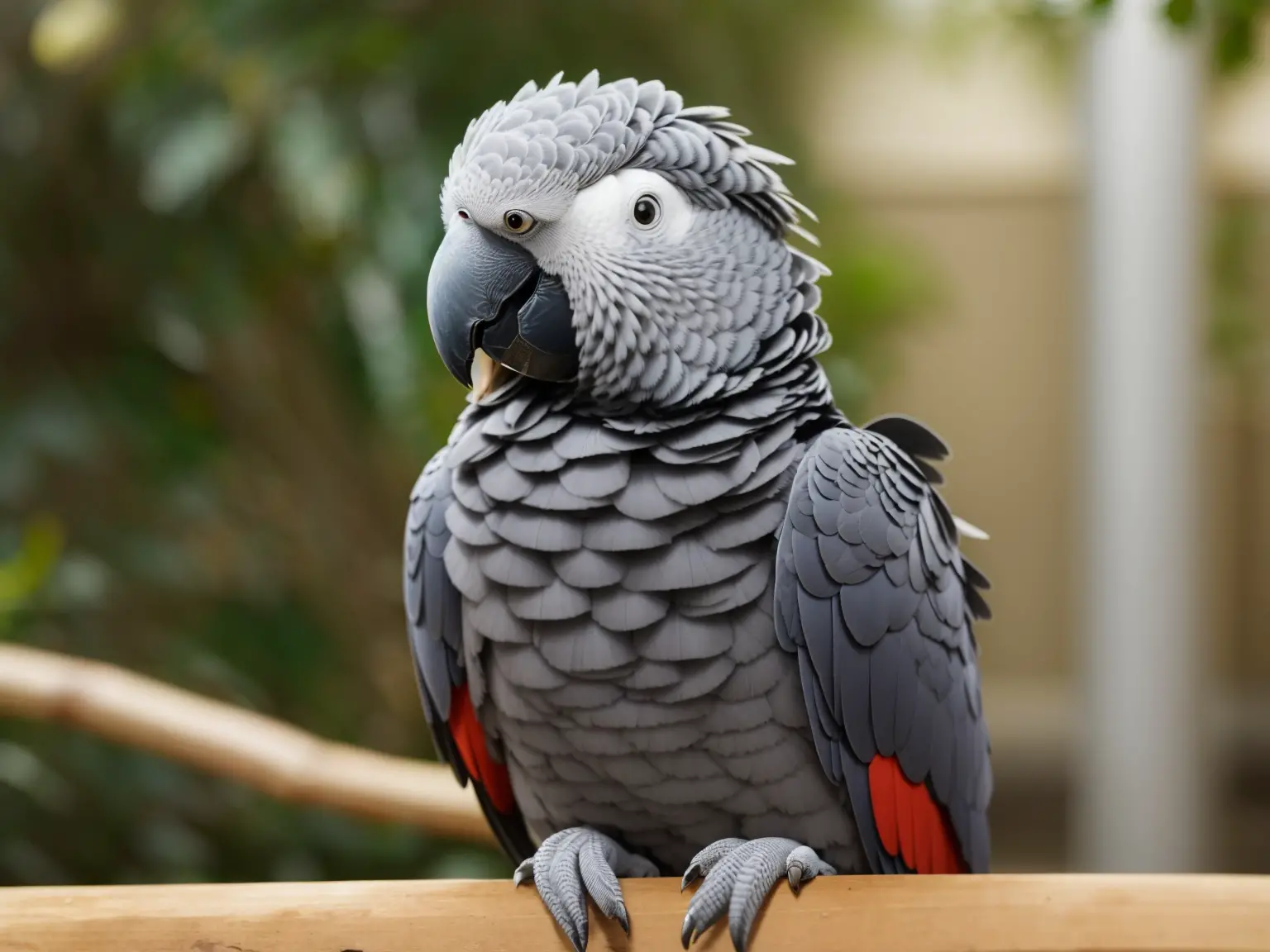
Dander in African Grey Parrots
Dander in African Grey Parrots is a common issue that can cause itchy skin.
What is Dander?
Dander refers to tiny particles that are shed from the skin, feathers, or fur of animals.
In African Grey Parrots, dander is primarily composed of dead skin cells.
These particles can become airborne and may cause allergies or irritate the skin.
It’s important to manage dander to keep your parrot comfortable and prevent allergic reactions.
Dander Production in African Grey Parrots
Dander is small particles of skin that animals, including African Grey Parrots, shed regularly. African Grey Parrots produce dander as part of their normal biological process.
The feathers and skin of these parrots can release dander into the environment, which can potentially cause allergies or contribute to itchy skin in both humans and other birds.
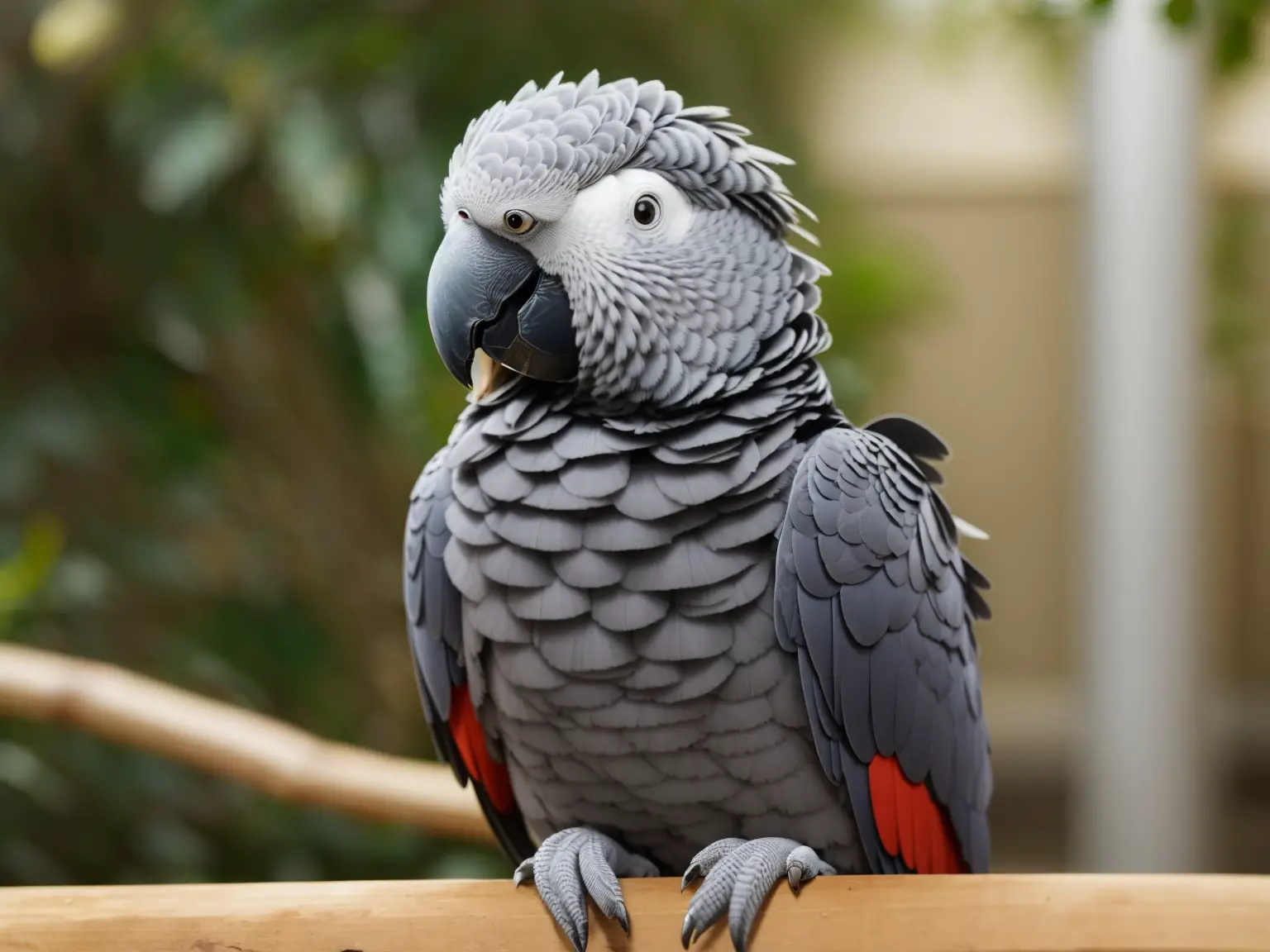
Potential Sources of Dander in African Grey Parrots
Potential sources of dander in African grey parrots include their feathers, skin flakes, and preen gland secretions. These can become airborne and accumulate in the environment, leading to allergic reactions in sensitive individuals.
Regular cleaning and maintenance can help reduce dander levels.
Link Between Dander and Itchy Skin
The link between African grey parrot dander and itchy skin is worth exploring.
Allergic Reactions to African Grey Parrot Dander
African grey parrot dander can cause allergic reactions in some people. These reactions may include itchy skin, sneezing, coughing, watery eyes, and even difficulty breathing.
It’s important to be aware of these potential allergies and take steps to manage them if you have a sensitivity to parrot dander.
Managing Itchy Skin in African Grey Parrots
If your African Grey Parrot is experiencing itchy skin, there are a few ways you can manage it effectively.
Consulting a Veterinarian
Consulting a veterinarian is essential if your African Grey Parrot is experiencing itchy skin. A veterinarian will be able to determine the underlying cause of the itchiness and provide appropriate treatment.
They can conduct a thorough examination, perform tests if needed, and recommend medications or lifestyle changes to alleviate the itchiness.
It’s important to seek veterinary advice to ensure the well-being and comfort of your parrot.
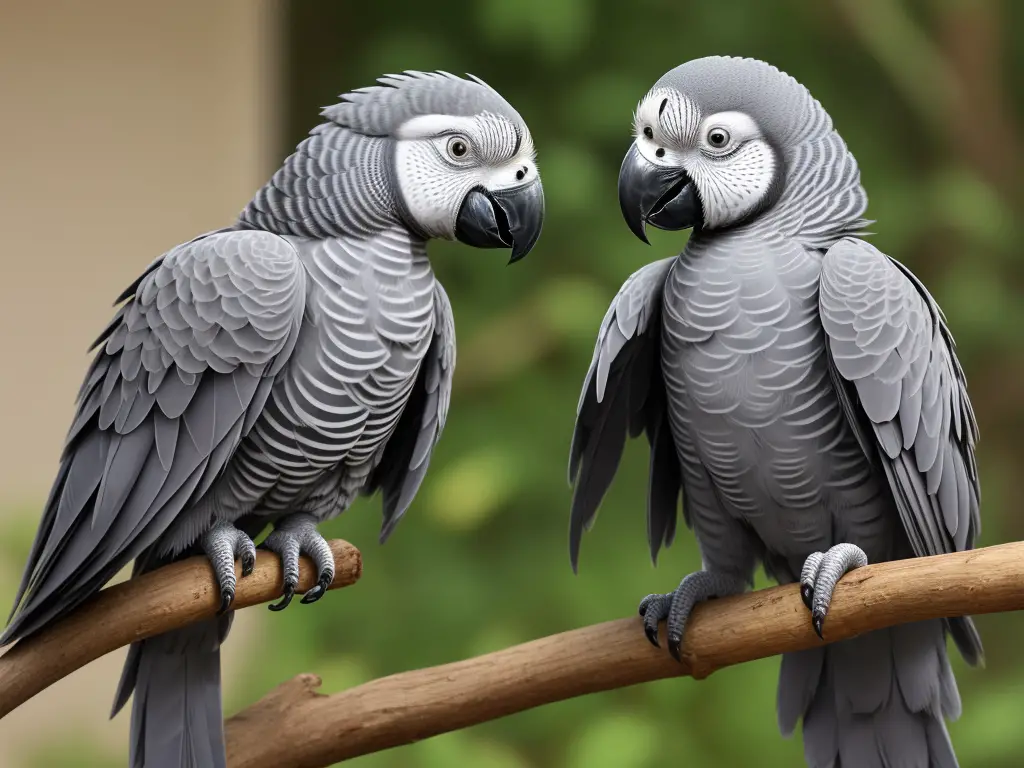
Reducing Dander in the Environment
To reduce dander in the environment for African Grey Parrots, there are a few steps you can take:
- Regularly clean your parrot’s cage and surrounding areas to minimize the buildup of dander. Use a vacuum cleaner with a HEPA filter to effectively remove dander from carpets and upholstery.
- Utilize an air purifier with a HEPA filter to help remove airborne dander particles.
- Maintain proper ventilation in the room where your parrot resides to improve air circulation and reduce the concentration of dander.
- Avoid exposing your parrot to potential allergens like cigarette smoke, strong perfumes, and cleaning chemicals.
- Consider implementing a healthy diet for your parrot, as proper nutrition can promote healthy skin and reduce excessive dander production.
- Regularly groom your parrot by providing it with regular baths or misting sessions to help keep its feathers and skin clean.
Dietary Changes for Healthy Skin in African Grey Parrots
To promote healthy skin in African Grey Parrots, it’s important to make certain dietary changes. Here are a few key points to keep in mind:
- Provide a balanced diet: Offer a variety of fresh fruits, vegetables, and high-quality pellets specifically formulated for parrots to ensure they receive essential nutrients.
- Include foods rich in vitamin A: Foods like sweet potatoes, carrots, and leafy greens are excellent sources of vitamin A, which supports skin health.
- Add omega-3 fatty acids: Incorporate foods rich in omega-3 fatty acids, such as flaxseeds or chia seeds, to help maintain healthy skin and feathers.
- Limit fatty and processed foods: Avoid feeding your African Grey Parrot excessive amounts of fatty or processed foods, as they can contribute to skin issues.
- Ensure proper hydration: Provide fresh, clean water at all times to promote overall health, including skin hydration.
Preventing Allergies in African Grey Parrots
Preventing allergies in African Grey parrots is important for their health and wellbeing.
Regular Cleaning and Hygiene
Regular cleaning and hygiene are essential for maintaining the health and well-being of African Grey Parrots.
Here are a few key points to keep in mind:
- Clean the bird’s cage on a regular basis, removing any droppings, feathers, or leftover food. Use a bird-safe disinfectant to kill bacteria and prevent the spread of diseases.
- Provide fresh water daily and clean the water dish thoroughly to prevent the growth of harmful bacteria.
- Wash your hands before and after handling your parrot to avoid transferring any germs or allergens.
- Regularly clean and replace the perches, toys, and other accessories in your parrot’s cage to prevent the buildup of dirt and bacteria.
- Maintain a clean and dust-free environment by vacuuming and dusting regularly. This will help to reduce the amount of dander and allergens in the air.
- Avoid using strong chemicals or aerosol sprays around your parrot, as they can be harmful to their respiratory system. Opt for bird-safe cleaning products instead.
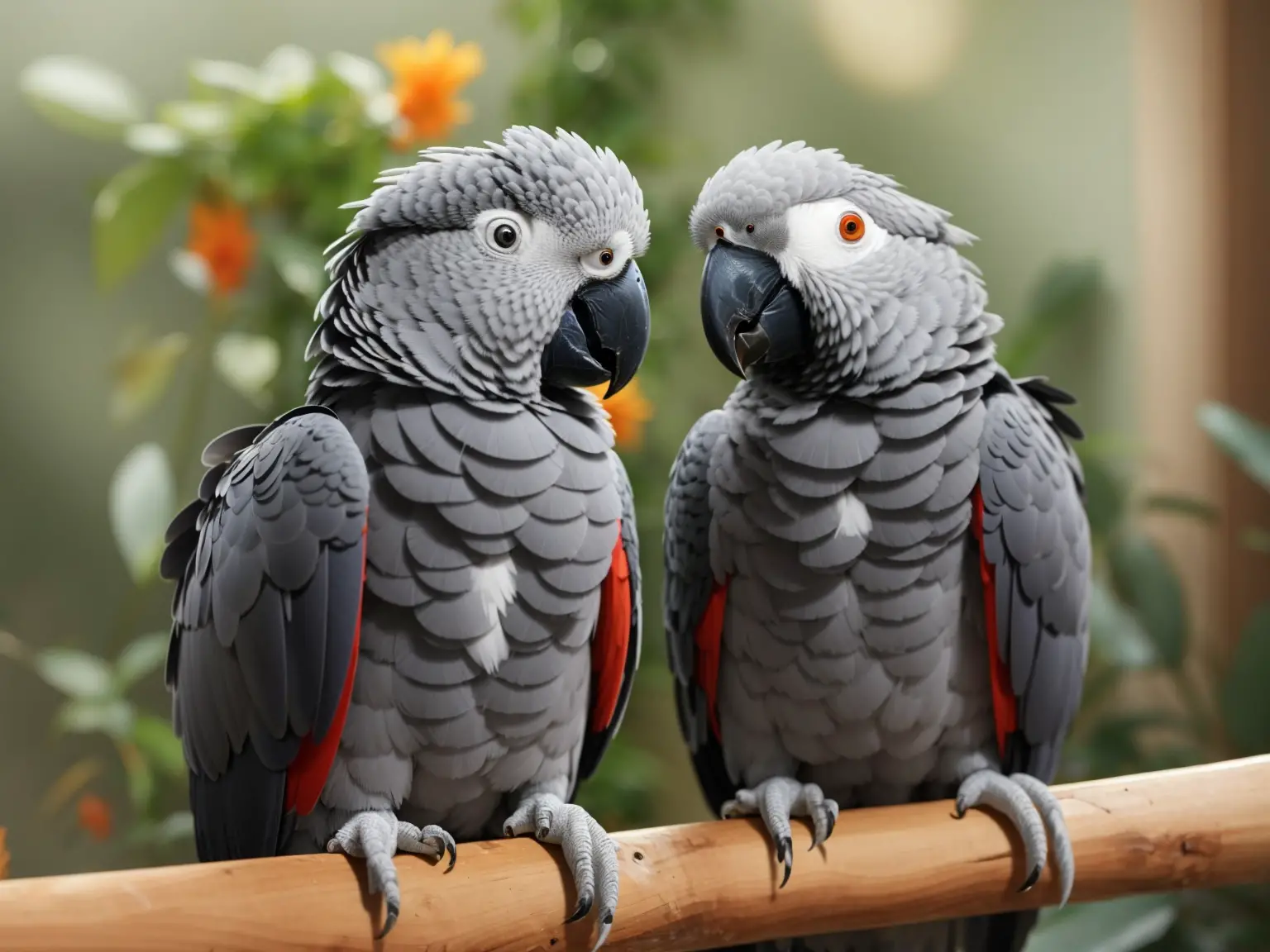
Proper Ventilation and Air Quality
Proper ventilation and air quality are crucial for the health of African Grey Parrots.
It ensures that fresh air circulates and removes any potential allergens or irritants from the environment.
This can help prevent respiratory issues and alleviate symptoms of itchy skin caused by dander.
Regularly cleaning the cage, using air purifiers, and avoiding cigarette smoke are some ways to maintain good air quality.
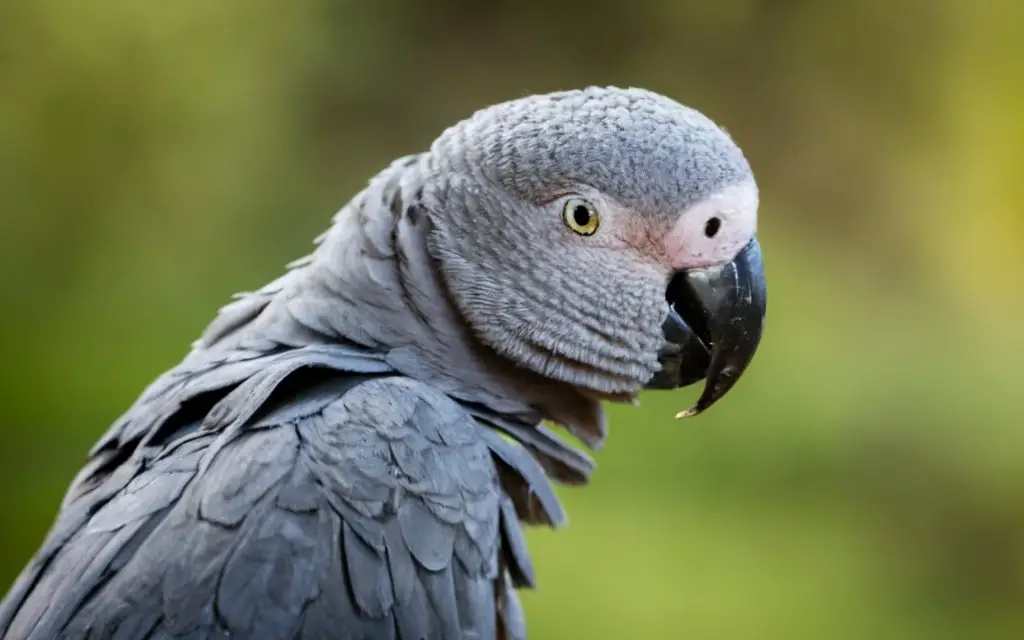
Frequently Asked Questions
Are There Any Specific Allergens That African Grey Parrots are Prone to?
African Grey parrots are prone to various allergens, including:
- Dust and dander: Parrot dander and feathers can trigger allergies in some individuals, causing respiratory problems and skin irritations.
- Pollen and plants: Pollen from flowers and plants can be a source of allergies for African Grey parrots, just like in humans.
- Food allergies: Certain ingredients in their diet, such as peanuts or fruits, can cause allergic reactions in African Grey parrots.
- Household chemicals: Cleaning products, air fresheners, and other household chemicals can irritate their sensitive respiratory systems.
Final Verdict
African Grey Parrot dander can indeed cause itchy skin in both the birds themselves and their human companions.
Understanding the characteristics of African Grey Parrots and common health issues is crucial for identifying and managing these allergies.
By reducing dander in the environment, consulting a veterinarian, and making dietary changes, we can effectively manage the itchy skin caused by allergic reactions.
Additionally, taking preventive measures such as regular cleaning, proper ventilation, and avoiding exposure to allergens can help prevent allergies in African Grey Parrots.
Overall, being proactive and informed about these issues can ensure the well-being and comfort of both the parrots and their owners.

